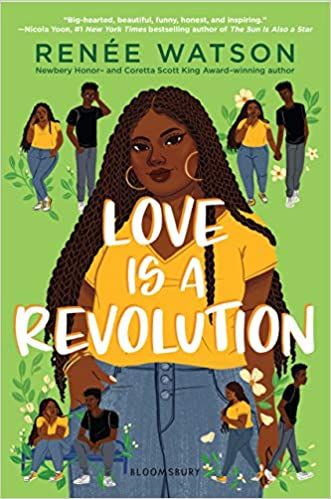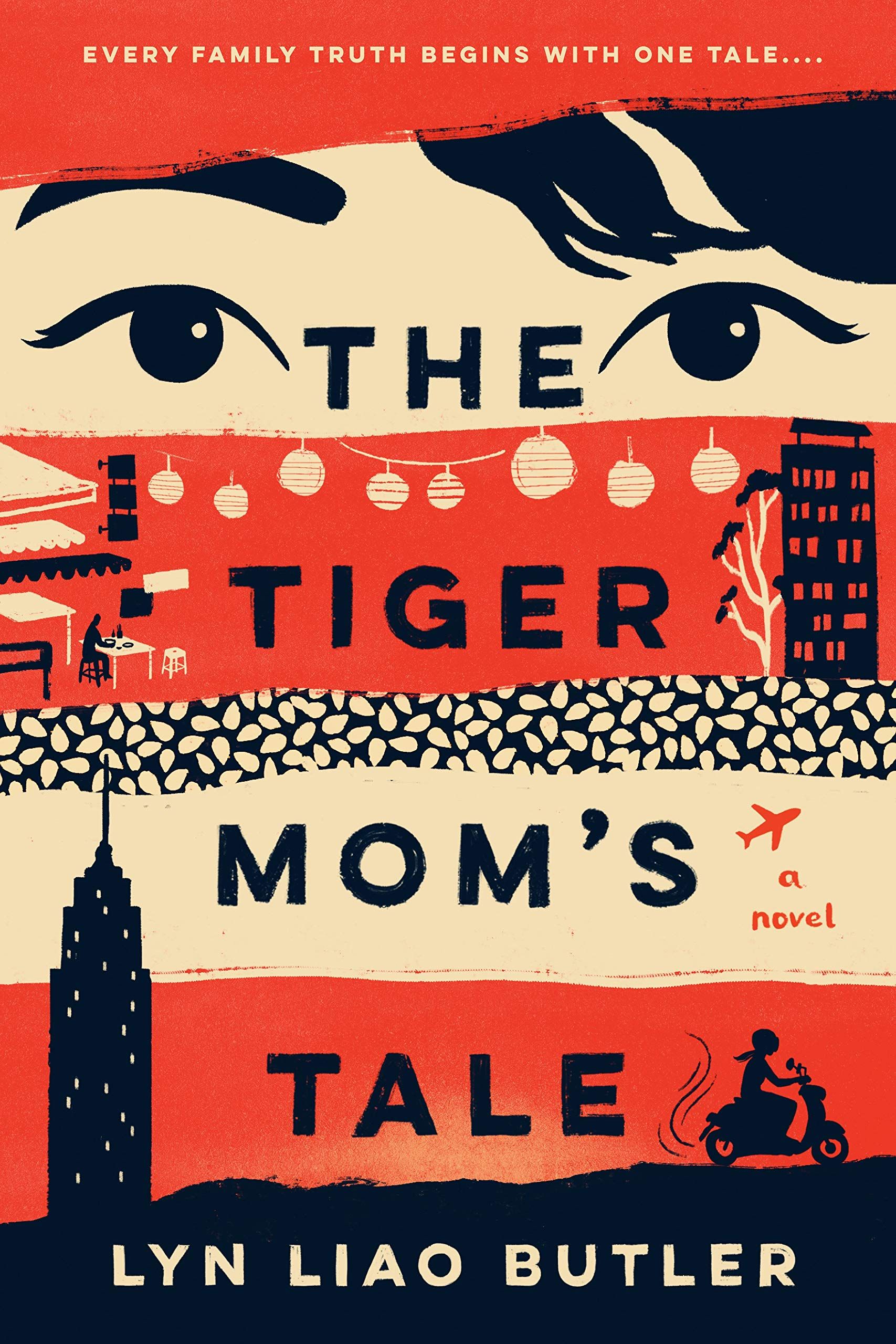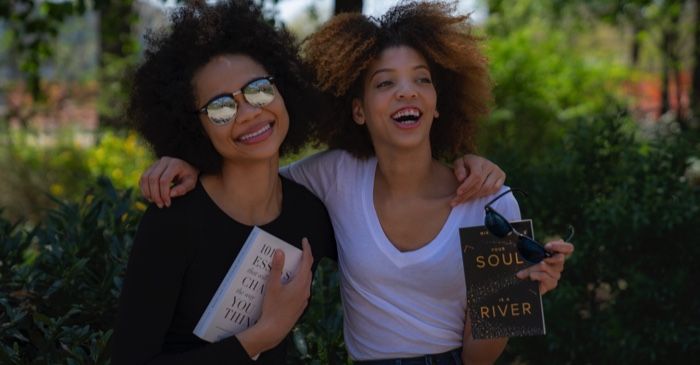
6 Books About Different Kinds of Relationships and Their Impact
Let’s face it: relationships can be tough. Not just romantic ones, but any kind of real, meaningful relationship. They take work, and that’s not necessarily a bad thing. Relationships can help us grow — they can show us what to do and what not to do, they can help us see who we are, and they can help shape our lives and interests. And of course, our relationship with ourself is paramount. It changes over time, our perceptions can change, and evolution is constant.
The pandemic impacted relationships in ways that I think many of us are still trying to figure out. We didn’t see family or friends for months or even more than a year. Our kids left school one day and didn’t return, and for some of us, our worlds shrank. For other people, their world expanded. There was easier access to events because of Zoom, easier doctor’s appointments because of telehealth, and greater general accessibility as things shifted online. Our relationships changed; some for the better, some for the worse, and others merely evolved into something new.
The impact on relationships has been something I’ve been thinking about a lot, especially now that things are opening back up. My son is going to camp after being out of in-person school for more than a year, and it’s been interesting to see how all of the kids relate to each other now. The parents joke about it, but there’s an undercurrent of anxiety or sadness underneath our laughter. For me personally, I’ve always been independent — sometimes too independent, but this year has shown me how important relationships are.
Here are some books about relationships — from romantic ones to family and professional to personal — and how they impact our lives in different ways. I was originally going to group them by theme, but I realized that in many ways, the different kinds of relationships in these books overlap — and of course they do, because life is that way, too.
If you want more books about relationships, check out this post about graphic memoirs and relationships, and this post about strengthening your romantic relationship through reading.
Books About Relationships
Love Is A Revolution by Renée Watson
Nala Robinson agrees to go to an open mic night with her activist cousin Imani and ends up falling for the MC, Tye. Tye is in the same social activism group as Amani, but that’s not really Nala’s thing. She tells some little lies to find some common ground with Tye, but as they get to know each other more, she realizes that those lies are bigger than she thought. While this is a book about love, it’s also a book about how the right relationships (romantic and not) are those that allow — even encourage — you to be yourself.
Girlhood by Melissa Febos
This collection of essays blends memoir, reportage, and cultural criticism to deliver an incisive look at what shapes the experiences of girls. Febos dissects issues like changing bodies, interactions and relationships with boys, labels that get tossed around and the attitudes that accompany them, and the experiences and expectations of women in everyday life. She also looks at the ways girls and women have created more; namely, the relationships and communities that allow for emotions and power and joy.
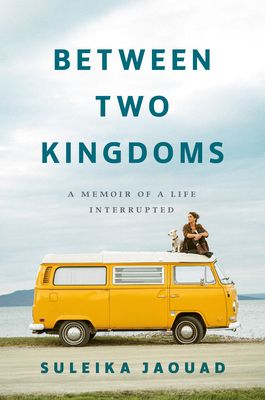
Between Two Kingdoms: A Memoir of a Life Interrupted by Suleika Jaouad
Shortly before her 23rd birthday, Suleika Jaouad was diagnosed with a type of leukemia that had a 35% survival rate. During her cancer treatment for the next four years, she wrote a column about her experience for The New York Times. After she was considered cured, she decided to take a 100 day road trip to meet some of the people that wrote to her at the Times. At its core, this is a book about living and relationships: the thin line that can separate sick from well, the relationships that change our lives, the unlikely people we encounter, and those that can help bring us back to life — sometimes literally.
The Burning Blue: The Untold Story of Christa McAuliffe and NASA’s Challenger Disaster by Kevin Cook (June 8)
While Cook takes the reader on an inside look at the events and situations leading up to and after the explosion (even inside the shuttle) and discusses NASA’s culpability, he also gives us a look at who the astronauts were. The crew consisted of not only the “Teacher in Space,” but also the second woman and first Jewish astronaut, the second Black astronaut, and the first Asian American and Buddhist in space. We learn about the relationships and families they had, the mentors who inspired them, and the lasting impact these astronauts had on their communities, the space program, and future generations. While most people in my generation didn’t actually know anyone on the Challenger, our relationship to this cultural event of our childhood lingers — just ask anyone between the ages of 40 and 50 where they were, and you’ll get a story.
The Tiger Mom’s Tale by Lyn Liao Butler (July 6)
Family relationships can be hard — which might be the understatement of the century. With her father living in Taiwan and the rest of her family being white and blond, Lexa always felt like she was on the outskirts. Even when she visited Taiwan as a child, not everyone in her family accepted her. Decades later, she returns to Taiwan after her father dies unexpectedly. When Lexa gets there, what she finds is more than she expected. This is a story of complex family relationships, standing up for oneself, and the power of forgiveness.
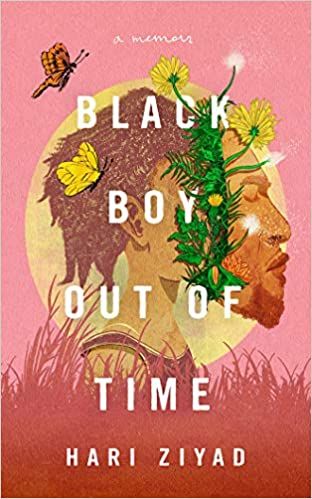
Black Boy Out of Time by Hari Ziyad
Ziyad was one of 19 children in a blended family, with a Hindu Hare Krishna mother and a Muslim father. Through letters to their younger self, as well as exploring family relationships and their relationship to society, this is, in many ways, an examination of the encounters and experiences that shape a relationship to the self. They tackle what it means to grow up Black and queer in America, and the socio-political narratives surrounding them — but it is also a joyfully defiant story about breaking free from those narratives and what it means to survive and create a future of one’s own.



